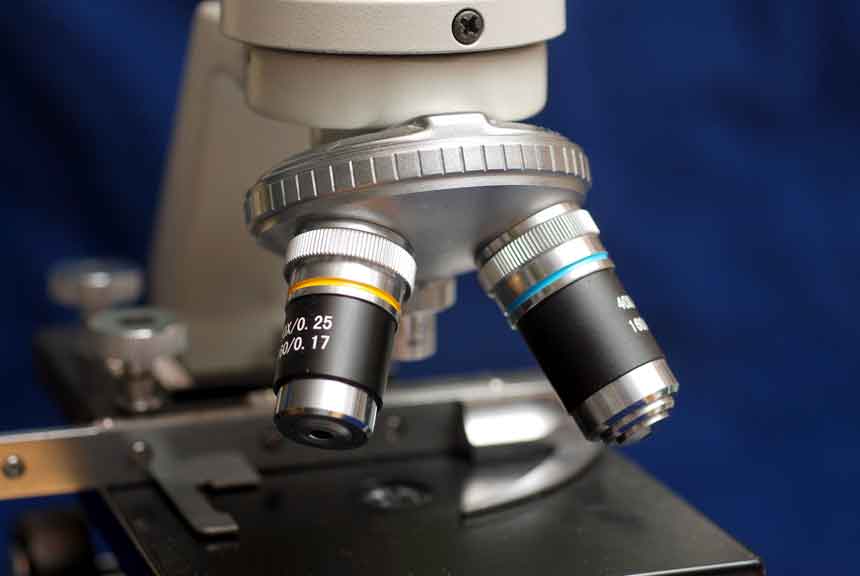Investigational immunotherapy holds promise for melanoma patients
Investigational immunotherapy holds promise for melanoma patients
26 May 2015New research clinical data revealed that advanced-stage melanoma patients have significant improvement in durable response rate and a trend toward improved survival when treated with a genetically-modified form of a herpes virus. The native form of this virus causes the common cold sore. The research was led by Howard L. Kaufman, MD, FACS, associate director for clinical science and chief surgical officer at Rutgers Cancer Institute of New Jersey and colleagues.
The oncolytic virus Talimogene laherparepvec is an investigational cancer treatment based on the herpes simplex 1 virus designed to fight cancer through two different mechanisms. First, the virus selectively replicates in tumor tissue -- not normal tissue -- after local injection into cancers. Secondly, a mechanism in the virus helps provide a boost to the body's natural immune system, which helps fight cancer throughout the body.

What did this study find and why are these findings significant?
The global, randomized, phase 3 trial enrolled 436 patients with stages IIIB, IIIC and IV melanoma, a potentially fatal form of skin cancer. The goals of the study were to evaluate firstly the safety and efficacy of the oncolytic virus immunotherapy and then, the overall survival of the patients.
The analysis of the data revealed:
- An improved survival in patients treated with talimogene laherparepvec with a 21% reduction in the risk of dying when treated with talimogene laherparepvec.
- That patients with Stage IIIB/C and IVM1a melanoma as well as patients receiving talimogene laherparepvec as first-line treatment had an especially prominent improvement in response and overall survival.
- A very tolerable safety profile with the most common side effects being fatigue, chills, nausea and injection site reactions.
These data suggest that talimogene laherparepvec treatment is safe and can result in durable clinical responses with a trend toward improved survival.
Source: Science Daily